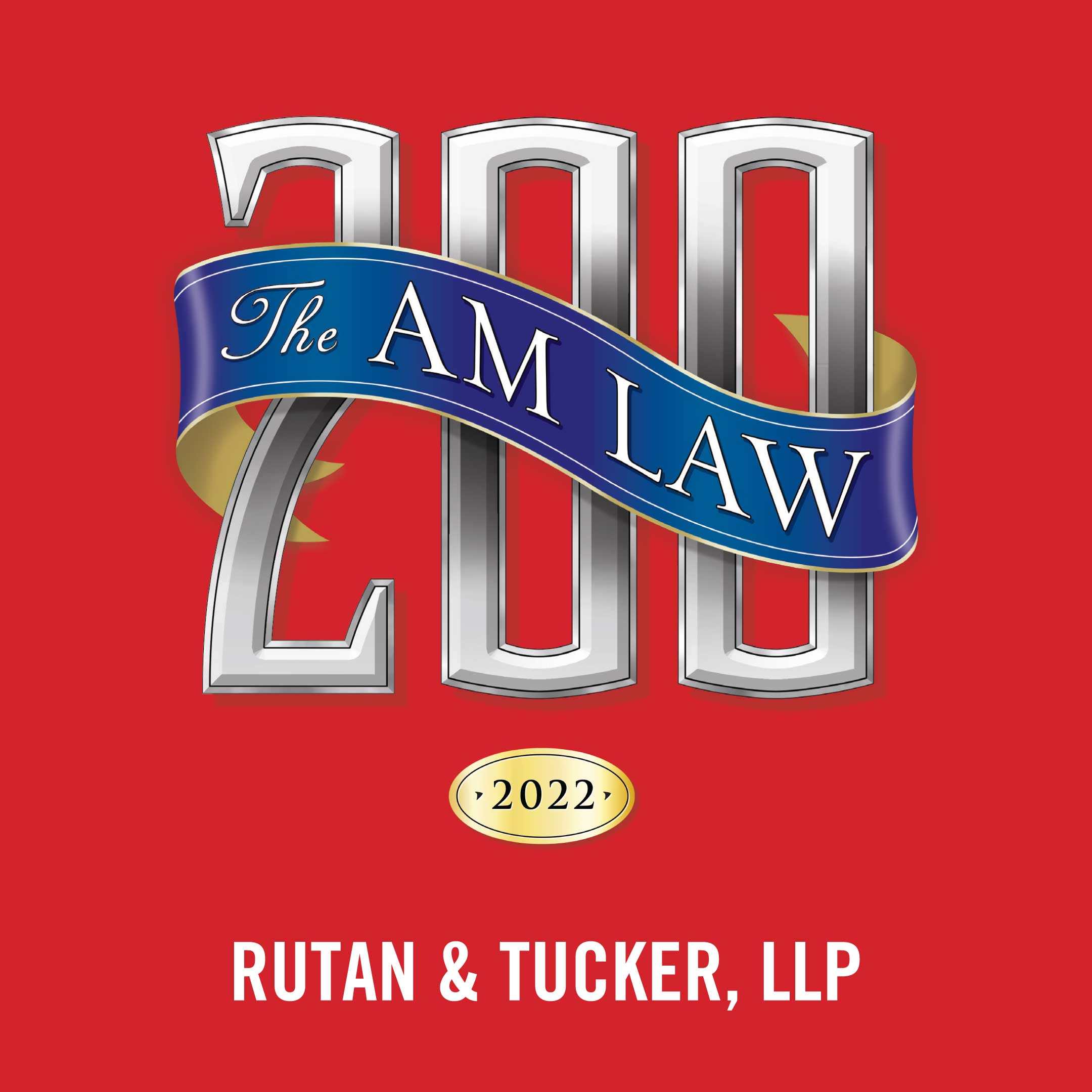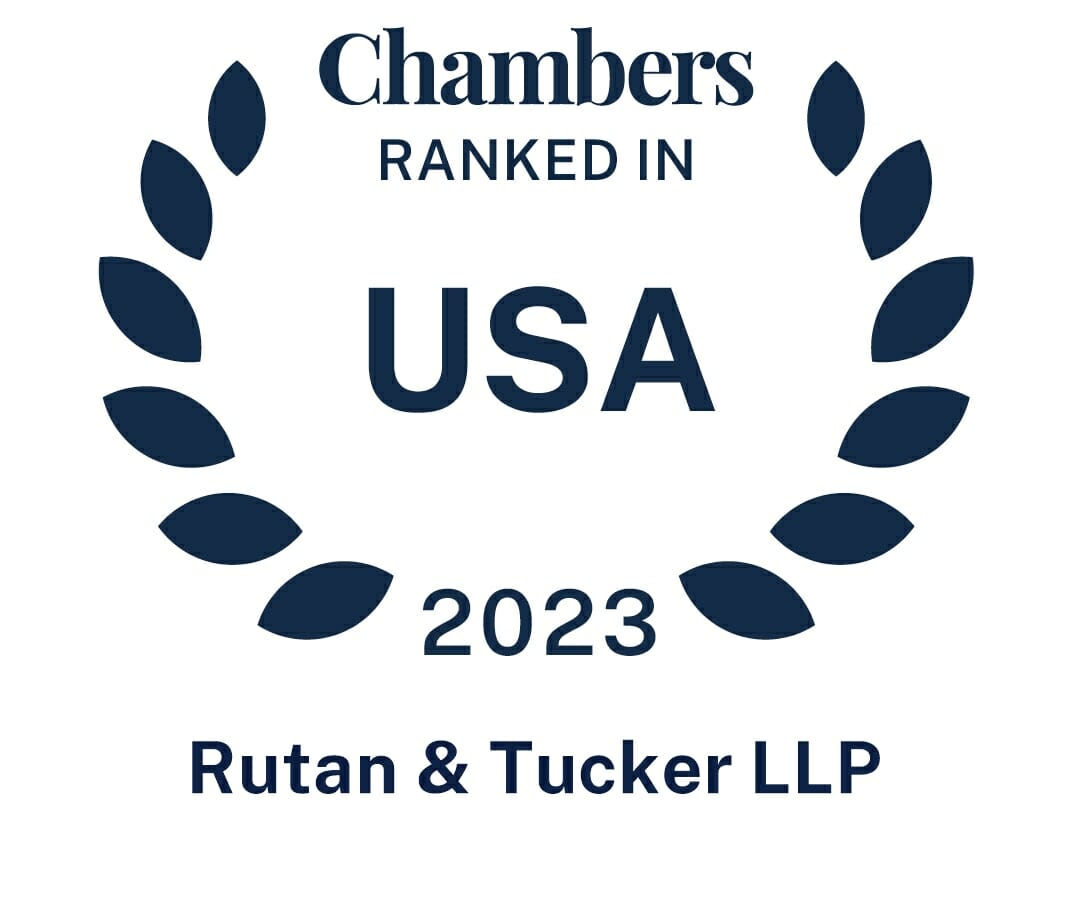
Overview
Alisha Patterson is a land use and municipal law attorney who provides strategic counsel to developers, property owners, and cities. She is currently the City Attorney for the Cities of Claremont and Laguna Woods. She is involved with all aspects of general municipal affairs, and in particular, planning and entitlement matters. She has worked with clients in every stage of the entitlement process (pre-application due diligence through public hearings and litigation). She has worked on development projects throughout the State of California with a special emphasis on projects in Los Angeles County.
Alisha has a thorough knowledge of the myriad of state and federal laws that regulate local governmental agencies and those who do business with them. She regularly advises and defends clients on issues arising under the State’s Planning and Zoning Law, the California Environmental Quality Act (“CEQA”), the California Coastal Act, the Subdivision Map Act, the Permit Streamlining Act, the Quimby Act, and the Mitigation Fee Act.
In recent years, the State of California has passed numerous housing laws that have far reaching impacts for the development community. Alisha is well versed on the intricacies of these new laws, including the Housing Accountability Act, the Housing Crisis Act of 2019 (SB 330), Density Bonus Law, “Builder’s Remedy,” the “No Net Loss” Law, and the Housing Element Law.
Alisha also has considerable experience handling matters at the intersection of land use and civil rights laws, such as the Americans with Disabilities Act (“ADA”), the Federal Fair Housing Act (“FHA”), and California’s Fair Employment and Housing Act (“FEHA”). These laws provide numerous “pitfalls” that can result in litigation. Alisha advises clients on how to avoid these “pitfalls” and defends clients in civil rights, ADA, and fair housing litigation.
Sitting with the governing bodies of multiple cities (e.g., City Councils and Planning Commissions) on a regular basis, Alisha is also well versed in the Ralph M. Brown Act, the Political Reform Act (as well as its corresponding Fair Political Practices Commission [“FPPC”] Regulations), and Government Code Section 1090.
Before she became an attorney, Alisha was a high school English teacher at a public school in Madison, Wisconsin.
Experience
Areas of Focus
- Litigation – State and Federal Courts, including Appellate Practice
- ADA Compliance and Defense for Public and Private Entities – Title II (Public Sector) and Title III (Private Sector)
- Housing Discrimination Defense – Federal Fair Housing Act (“FHA”) and California’s Fair Employment and Housing Act (“FEHA”)
- Land Use and Planning – California Planning and Zoning Law, CEQA, Subdivision Map Act, Quimby Act, Permit Streamlining Act, Development Agreement Act, Mitigation Fee Act
- Open Government – Brown Act, Public Records Act, Conflict of Interest Laws
- Eminent Domain/Inverse Condemnation
Representative Matters/Cases
- Coordinated with two federal agencies, one state agency, eight local agencies, a nonprofit trust, and two private landowners to negotiate and draft an implementing agreement, memorandum of understanding, and associated documents to implement our client’s Upper Santa Ana River Wash Plan Habitat Conservation Plan.
- Advocated for private property owner whose property was being re-zoned from “industrial” to “residential” in connection with the city’s Housing Element Update; worked with city to include a “grandfathering” provision in its Zoning Code and General Plan that would allow the property owner to continue to use its property for industrial uses after it was re-zoned.
- Drafted an “Election Code § 9212 Report” for a city on a proposed “Right to Vote Amendment” – a citizen-initiated ballot measure that, if approved, would require voter approval for certain development projects.
- Assisted developer in determining which facilities inside a private, gated community needed to be accessible to people with disabilities under the ADA.
- Assisted public agencies in determining how to respond to requests from members of the public for disability-related accommodations and, in particular, requests for on-street, blue curb, handicapped parking spaces in the public right-of-way.
- Worked closely with members of city planning departments to ensure applications for development projects are processed in accordance with state and federal laws (such as CEQA).
- Worked closely with public agencies to implement new public record retention and disclosure policies and practices in response to the California Supreme Court’s decision in San Jose v. Superior Court.
Provided trainings to new members of legislative bodies on basic requirements of CEQA, the Brown Act, and Conflict of Interest laws. - CEQA Defense – Defended project applicant in CEQA litigation challenging city’s approval of applicant’s housing project primarily on the grounds that – according to petitioner – the environmental impact report for the project did not adequately address impacts to a historic and/or agricultural resource. We prevailed on all issues in a bench trial, and our victory was affirmed on appeal.
- Housing Discrimination Defense (Public Sector) – Defended city in a high-profile federal lawsuit in which the ACLU alleged the city’s denial of a conditional use permit for a facility that would have served unaccompanied alien children (or “UAC”) amounted to intentional and “disparate impact” housing discrimination under state and federal law. After extensive discovery and a motion for summary judgment (filed by the city), the case settled on terms that were favorable to the city.
- Housing Discrimination Defense (Private Sector) – Defended landlords against numerous housing discrimination claims current or former tenants filed with California’s Department of Fair Employment and Housing (“DFEH”) alleging housing discrimination.
- ADA Defense (Public Sector) – Defended city in a federal ADA action stemming from city’s decision to deny a resident’s request for an on-street, blue curb, handicapped parking space in the public right-of-way outside her home as an accommodation for her disability. Although a United States District Court determined the ADA required the city to provide the parking space, the jury entered a verdict in our favor on damages – the resident recovered no damages ($0) from the city.
- ADA Defense (Private Sector) – Defended business owners against ADA claims alleging that aspects of their businesses (e.g., parking lots, restrooms) did not comply with the ADA’s guidelines or otherwise were not accessible to people with disabilities.
- Employment Discrimination – Defended city clients in several employment discrimination actions under California’s Fair Employment and Housing Act (“FEHA”) and Title VII of the federal Civil Rights Act of 1964 (E.g. sex discrimination, age discrimination, etc.).
- Cybersecurity – Defended city in a federal action brought under the Fair and Accurate Credit Transactions Act (“FACTA”) alleging that pay stations in certain city parking lots violated FACTA by printing credit card expiration dates on the parking passes they issued. The plaintiff sought to certify a class of more than 100,000 who – according to the plaintiff – had received these noncompliant parking passes. The city successfully defeated class certification in both the United States District Court and the Ninth Circuit Court of Appeals, reducing the value of the case from an excess of $15 million to $2,000.
- Inverse Condemnation – Represented land owner in an inverse condemnation action involving physical taking associated with city and county road widening project.
- Federal Appellate Practice – Defended a school district in a Ninth Circuit appeal from a judgment in its favor in a disability discrimination action under the Individuals with Disabilities Education Act (“IDEA”). Through a motion to dismiss, we successfully narrowed the scope of the appeal to the District Court’s ruling on the merits – the Ninth Circuit determined the District Court’s award of attorneys’ fees in favor of the school district was outside the scope of the appeal. The Ninth Circuit affirmed the District Court’s ruling on the merits but remanded the case on a very narrow issue. Based on the remand alone, plaintiff sought $180,000 in attorneys’ fees (claiming to be the “prevailing party” on the appeal). We successfully defended the fee motion, and the case settled.
News & Insights
Recent Presentations
- Website Accessibility Lawsuit Filings: How it Affects ADA Compliance, The Knowledge Group CLE Webinar, March 2019
- Fall Land Use Cases Update, Rutan & Tucker, LLP MCLE, December 2017
- Panel Discussion on California Supreme Court’s Decision in San Jose v. Superior Court (Regarding the Public Record Act’s Application to Communications Sent or Received in Private Accounts or on Private Devices), City Clerk’s Association, March 2017
- Fall Land Use Cases Update, Rutan & Tucker, LLP MCLE, December 2015
- Spring Land Use Cases Update, Rutan & Tucker, LLP MCLE, May 2014
- Tatts, Tokes, Tracks and Tramps: Local Regulation of Tattoo Parlors, Medical Marijuana Dispensaries, Satellite Wagering Facilities, and Massage Parlors, Rutan & Tucker, LLP MCLE, May 2013
- Lions and Tigers and CCP Section 1021.5 Attorneys’ Fees (Oh My!), Rutan & Tucker, LLP MCLE, February 2011
- Inverse Condemnation: Development Exactions & Precondemnation Damages, Rutan & Tucker, LLP MCLE, May 2012
 Download vCard
Download vCard

 Follow on LinkedIn
Follow on LinkedIn
 Email
Email




